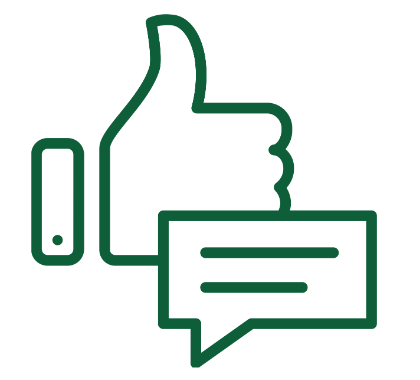Stories from Librarian and Faculty Partnerships
By Kristin Bogdan, Librarian, College of Engineering
Sessions related to this topic will be held during the Fall Fortnight:
- Integrating Digital Information Literacy Into Courses (Wednesday August 31, 2016 from 9 – 11 AM) – Register here
- Stories From Librarian and Faculty Partnerships (Thursday September 1, 2016 from 1- 2:30 PM) – Register here
Students should be equipped to be life-long learners. Ensuring that students receive information literacy sessions, particularly those integrated within their courses, will foster life-long learning. Information literacy (IL) is “a set of abilities requiring individuals to recognize when information is needed and have the ability to locate, evaluate, and use effectively the needed information” (ACRL). IL is no longer just about finding peer-reviewed articles in library databases. Teaching students how to critically evaluate sources like Wikipedia, and how to get the most out of using online tools like Google Scholar helps them add important tools to their research toolbox. As scholarly communication channels change, students should be taught how to find articles, books, and data within the library system as well as the other sources that they will have access to regardless of where their careers take them.
Librarians on campus are well equipped to teach information literacy skills and competencies. When faculty and librarians collaborate to offer these sessions they create life-long, information literate students.
How do we offer integrated library sessions?
An example can be seen in the ongoing collaboration between Donna Beneteau, Departmental Assistant in Mining, and Kristin Bogdan, Science and Engineering Librarian. Donna and Kristin collaborated to provide instruction to an engineering design class where students were required to write an engineering feasibility report. These reports are grey literature, which is sometimes indexed in major article databases but is also found in other sources like the websites of government agencies and corporations. In order for Donna’s students to write an appropriate report they needed to first see how those reports looked when they are produced by practicing engineers.
Donna and Kristin did a session on advanced Google searching, where Kristin demonstrated where to look for the reports and Donna talked about the reports themselves. Students were then given time and assistance in finding the reports they needed for their project. These are search skills that will help the students in their professional careers, where they may not have access to library resources.
This is just one example of collaboration between instructors and librarians. The world of information is changing quickly to include sources that do not fit in the classic academic frameworks. Students will benefit from faculty and librarian collaborations as they will be well equipped with tools to find the information they need.
Collaborations between instructors and librarians can lead to rich classroom experiences for everyone involved. In a world where students are bombarded with information from all directions, it is important to teach them how to filter not only based on the legitimacy of the source but also on the relevancy of their work.
